Minnesota Black Music Awards salute 40 years of excellence
The MBMA's original goal was to recognize the contributions of Black musicians in the Twin Cities. Forty years on, its founders are ready to put it all on display.
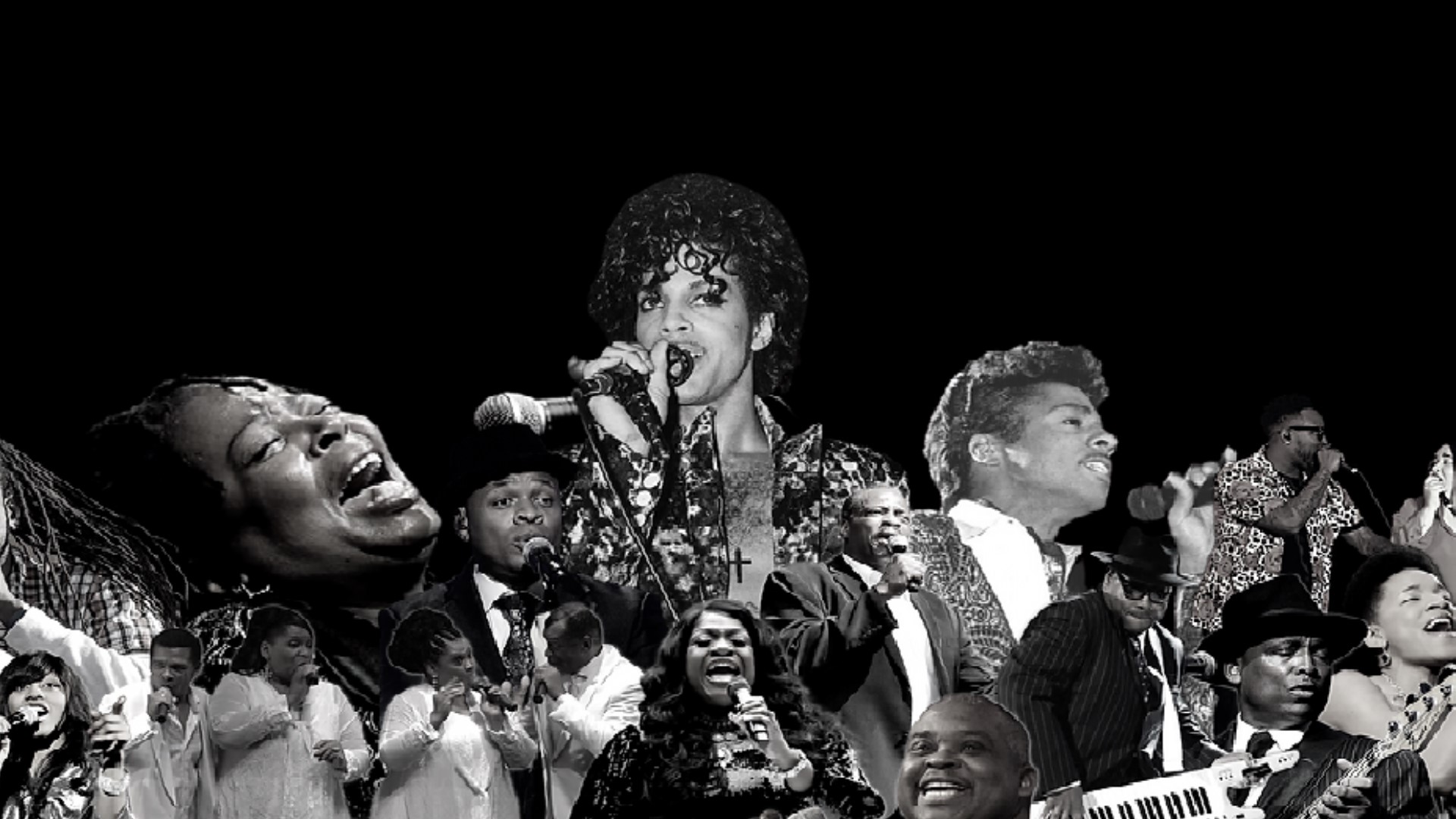
The Sounds of Blackness
You can’t tell the story of Black music in America without mentioning hubs like Motown, Philly, New York, Chicago, Atlanta — and Minneapolis.
“All those different elements of hotbeds of African American music evolution — Minneapolis can be included in that. And it was important to acknowledge that on the scale that it warranted.”
Gary Hines, founder and music director of internationally acclaimed Minneapolis-based group Sounds of Blackness, is looking back on four decades of involvement with the Minnesota Black Music Awards (MBMA), and looking forward to shining the spotlight on a new generation of artists.
“With the Sankofa principle — that's an African principle and word — it means looking to the past to move forward in the future."

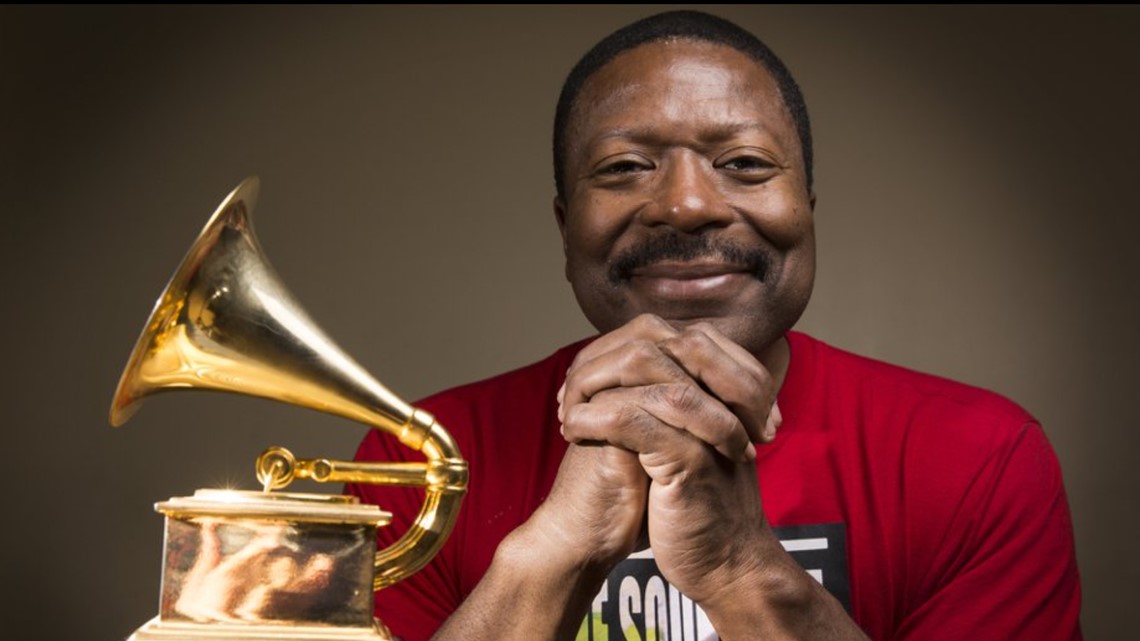
The history of Black artists and their contributions to Minnesota music existed long before the creation of the MBMA, but it’s on the first two days of the event’s 40th-anniversary celebration — June 11 and 12 — that Pete Rhodes, founder of Black Music America Networks and the Minnesota Black Music Awards, says will put the Minneapolis Sound era at center stage.
“This year, we’re recognizing the next generation, the new generation of musicians and artists who are doing a great job to, you know, keep the Minneapolis Sound alive,” he said.
When the MBMA was created by Rhodes with his partner and wife Kim in 1982, its goal was to recognize the outstanding contributions of Black musicians and artists in the Twin Cities. As the MBMA celebrates 40 years of achieving that goal, the co-founders are ready to put it all on full display.
At its onset, the ceremony took place at the Prom Center in St. Paul, and continued to do so for several years. Rhodes said in the early days, the format of the MBMA bestowed somewhere between 50 to 60 awards on artists spanning genres, including jazz, gospel, blues, R&B, hip hop, rock and classical. Additionally, the MBMA recognized influential individuals — like Dr. Geneva Southall and Dr. Reginald Buckner — who worked tirelessly to strengthen the music community in the Twin Cities, while promoting Black artists.

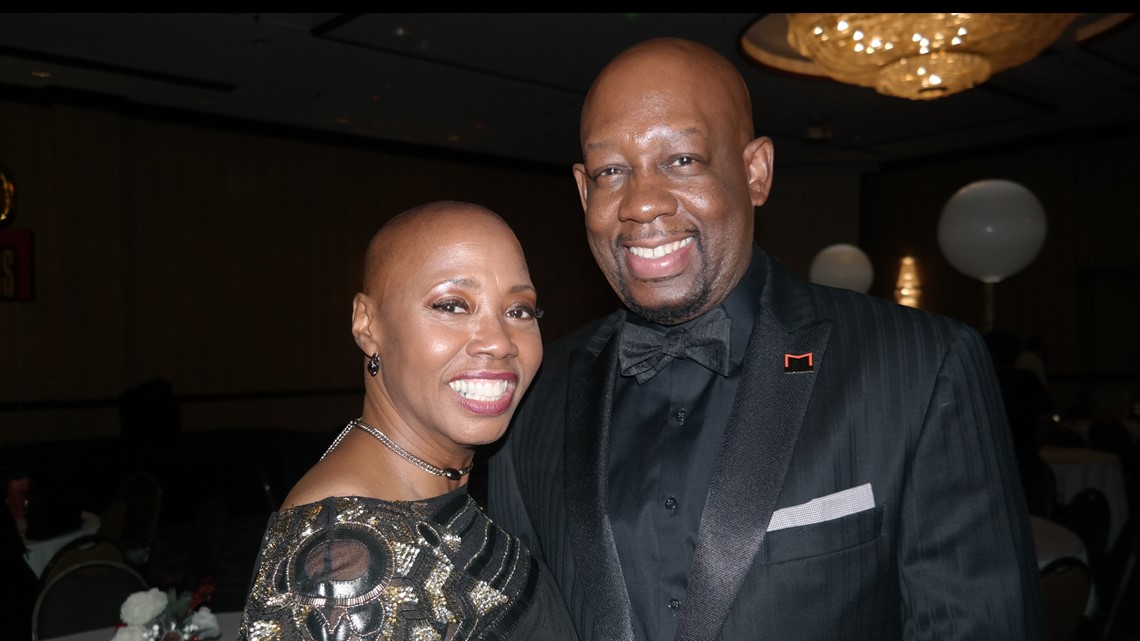
As the years went on, the MBMA grew into the premiere stage for spotlighting artists in the Twin Cities area. Eventually, the event moved into larger and larger venues, and began incorporating workshops and panels led by industry experts like Jimmy “Jam” Harris and Terry Lewis. The educational component continues to work in tandem with the event, serving as a vessel in which new artists can come to learn from the legends.
“We gained the moniker of being kind of like a ‘mini-Grammys’ here in the upper Midwest,” Rhodes said. “We started going places like the Orpheum and the Pantages Theatre to host the program because we were having so many young individuals coming in for the workshops from around the country.”
"This is a great show."
Although the awards will look different in 2022 — as many events have over the last few years — Rhodes says viewers can still expect a “flashy” ceremony complete with a pre-show red carpet, a small, in-studio audience, a house band, artist performances and never-before-seen footage of past awards shows, including performances from Alexander O’Neil, The Time, and yes, Prince.
WATCH: 1993 MBMA featuring a performance by The Steeles
Prince, by pretty much all local accounts, is considered to be among the most beloved figures to come out of Minnesota. But to personal friends like Rhodes and Hines, Prince was also considered a brother. Rhodes shares a memory of meeting Prince down at First Avenue ahead of one of the first MBMA ceremonies in an attempt to try to get him to appear.
“He was just roaming around; he saw me, he said, ‘Hey,’ and after about an hour and a half sitting there waiting for Prince to talk to me about being on the show, I finally went up to Prince and said, ‘Are we gonna talk about this or what?’ And he was like, ‘Man, yes. I could have told you a long time ago I'm gonna be. This a great show,’” he said.
While paying due homage to the past will play an integral role in the MBMA’s special anniversary, its leaders say it’s also time to honor their peers in a new generation of Black musicians, artists and activists. One of them, best-selling gospel artist and native Northsider Jovonta Patton, is appearing for the first time at the awards this year, calling the opportunity “an honor.”
“It creates a classroom, and then I get a chance to become a student. Just to see how they are, it also gives me a look into the future and how it's going to be, you know, 40, 50 years from now when I'm still singing and still alive,” Patton said. “It's becoming a sounding board and a learning experience for all generations. I love that I get a chance to just walk in this kind of line of legendary talents and gifts that have come out of Minneapolis.”

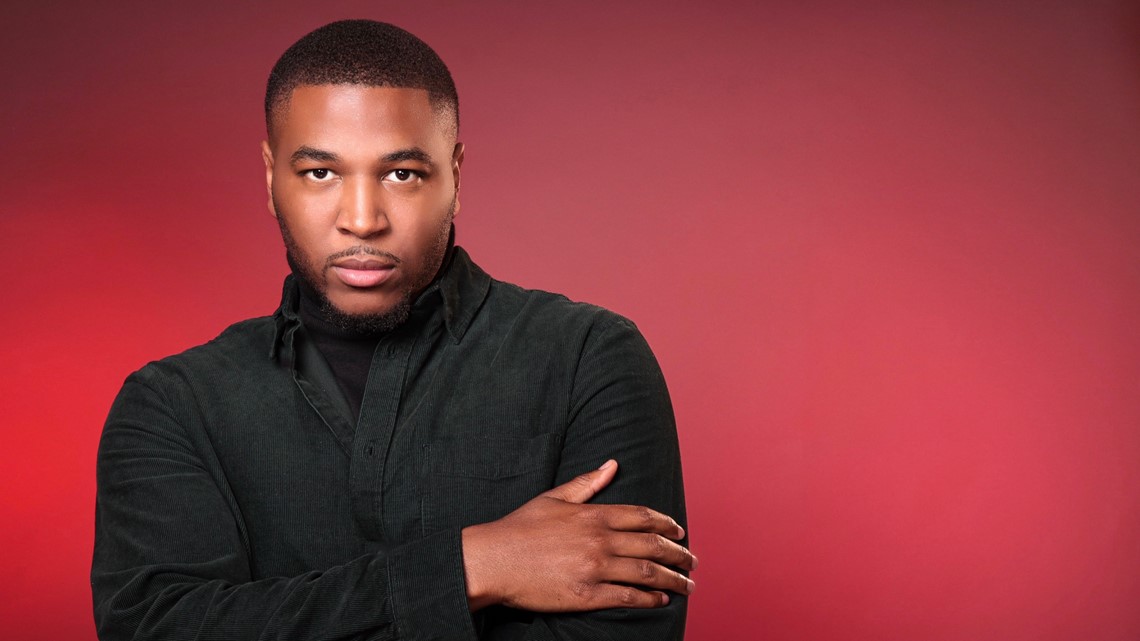
As the teachers begin passing their torches to their students, Hines still acknowledges the importance of those who came before him.
“Prince, Jimmy Jam, Terry Lewis and Sounds of Blackness did not just evolve in a vacuum. We emanated from a very rich tradition; from generations of amazing world-class musicians. We didn't just appear,” Hines said. “It's important for the Minnesota Black Music Awards to make that known and clear to everybody.”
He added, “It's about equality and justice and recognition and representation and authenticity — all of those things that were missing and not in balance in terms of the state overall and the country overall, in regards to the contributions of Black musicians and Black music to American and world culture.”
The next generation of Black excellence
Offering words of encouragement to new artists who hope to one day take part in the event and cement their legacy in the wider local Black community, Patton shares a message.
“Keep going. Your time is not next. It's now. Do your thing.”
And as Pete and Kim Rhodes look back on their contributions in Minnesota, Pete says at the end of the day, it’s his love for family, friendship and fellowship that keeps the spirit of the MBMA alive.
“We all know that Black music and culture is the driving force around the world. And we here in the United States, and particularly here in Minnesota, are proud and we kind of showcase that around the world,” he said. “This is about music and no matter what color you are, get with us and be a part of the music. It's open for everyone, and we're so proud of the fact that Minnesota and the Twin Cities area has opened their arms to this program as well.”
The four-day salute to 40 years of the Minnesota Black Music Awards will be broadcast live from MCN6 Studios in North Minneapolis June 11, 12, 25 and 26, beginning at 4 p.m. on the red carpet. The in-studio program runs from 5-7 p.m. and will offer an immersive experience to viewers, showcasing pieces of the past, as well as a compilation of sounds curated by music director Ryan Bynum.

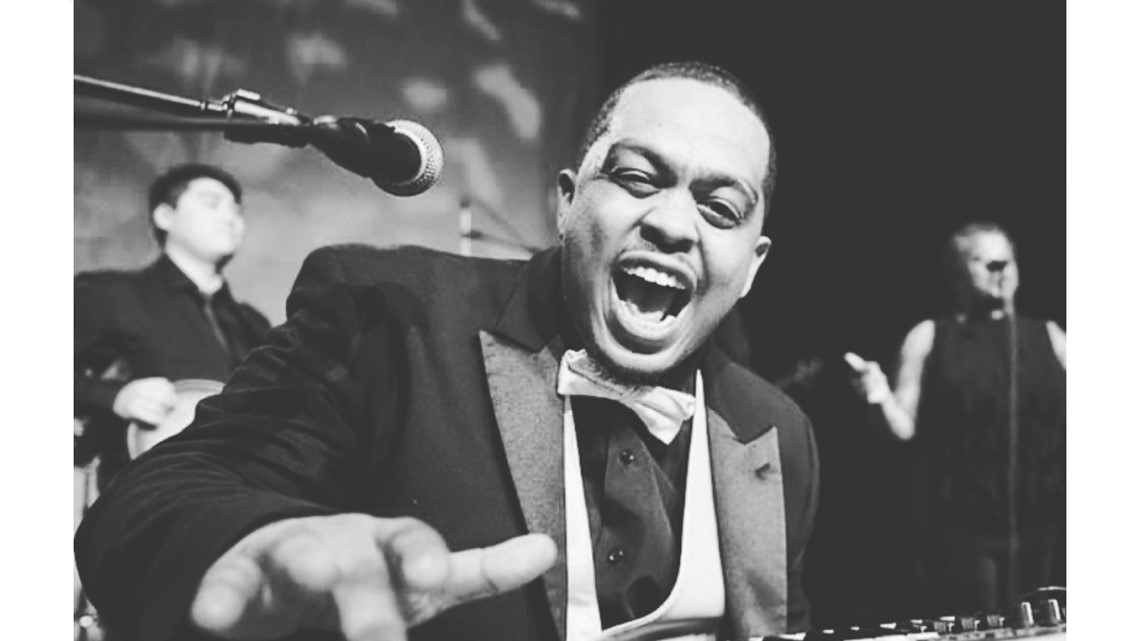
You can catch this weekend’s shows — saluting the music of the Minneapolis Sound and the Sounds of Gospel — on Comcast/Xfinity Black Music America Cable Networks channel 937 (check your cable listings) and streaming on Black Music America's website, Facebook and YouTube channels.
Later this month, make sure to tune in to any of those platforms in celebration of Minneapolis icons Jimmy “Jam” Harris and Terry Lewis on June 25, followed by an evening applauding the many contributions of the late, great Prince.
For more information about the Minnesota Black Music Awards, a timeline of events and how you can watch, click here.

